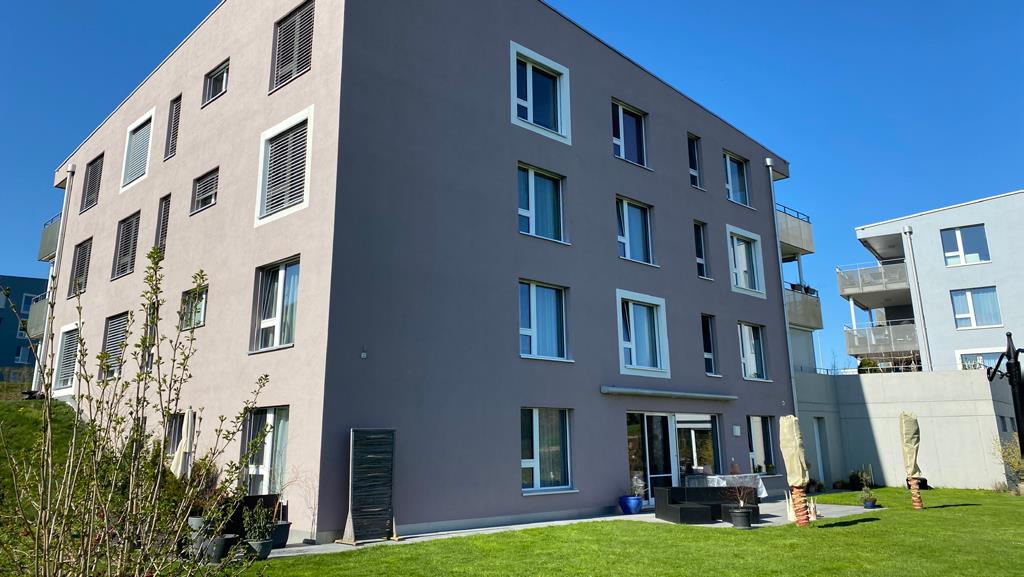Housing: Rents fall
Apartment rents fell in July. This is the result of both the Swiss Real Estate Offer Index and the Homegate.ch Rent Index.

According to the latest Swiss Real Estate Offer Index, asking rents for apartments fell in July, as did prices for single-family homes. Condominiums, on the other hand, have become significantly more expensive.
According to the index, which ImmoScout24 compiles together with IAZI, asking rents have fallen by an average of 0.4% across Switzerland. Over the last twelve months, the decline in rents amounts to 0.8%.
Rents fell in the Lake Geneva region (-0.8%), in Ticino (-0.6%) and in the Central Plateau (-0.1%). Rising rents, on the other hand, were recorded in eastern Switzerland (+1.2%), northwestern Switzerland (+0.7%), the greater Zurich region (+0.5%) and central Switzerland (+0.4%).
It goes on to say that asking prices for single-family homes fell by 0.8% in July. The average price for a typical single-family home in Switzerland is CHF 6,366/sqm. This figure is lower than the previous month, but still 3.6% above the comparable mark of a year ago. In the long term, therefore, house prices are still on an upward trajectory, according to the researchers.
The asking prices for condominiums rose by 0.7%, with the current asking price per square metre at around CHF 7,170. Over the course of a year, this represents an increase of 2.2%.
Homegate: Plus compared to the previous year
According to the Homegate.ch rental index, asking rents fell by 0.09 index points in July, bringing the index to 113.6 points.
Compared to the same month last year, rents increased by 0.35%, according to the index, which Homgate compiles together with ZKB Zürcher Kantonalbank. Especially the canton of Geneva stands out with a minus of 1.68%. In contrast, an increase of 0.5% was recorded in the canton of Basel-Stadt.
According to Homegate, asking rents declined in July in the cantons of Lucerne (-0.4%), Ticino (-0.5%), Nidwalden (-0.6%) and Zug (-0.8%). On the other hand, they increased in the cantons of Zurich (0.2%), Bern (0.4%), Basel-Stadt (0.5%), St. Gallen (0.4%), Glarus (0.4%), Fribourg (0.4%) and Graubünden (0.3%). (ah)









